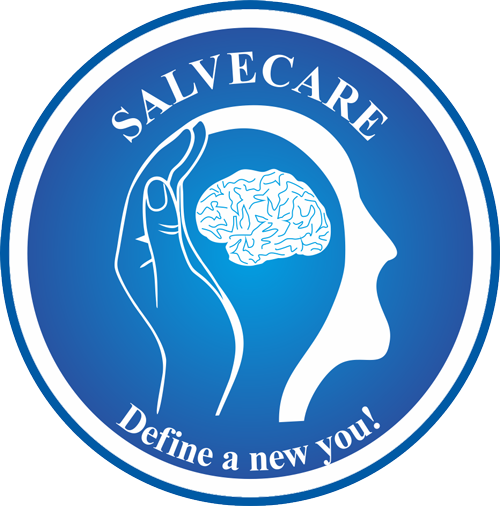Sharenting: Navigating the Digital Age Responsibly
Sharenting: Navigating the Digital Age Responsibly
In the age of smartphones, social media, and instant connectivity, our lives have become increasingly intertwined with digital technology. From the moment we wake up to the time we go to bed, screens and devices are a constant presence. For parents, this digital transformation has brought about both new opportunities and unique challenges, and one of the most significant challenges we face today is the concept of “sharenting.”
What is Sharenting?
Sharenting, a portmanteau of “sharing” and “parenting,” refers to the act of parents sharing their children’s photos, videos, and personal information online, often through social media platforms. It’s a trend that has gained significant momentum in recent years, with many parents enthusiastically documenting every moment of their children’s lives, from the first steps to the first day of school.
While sharing these precious moments can be a source of joy and connection, it has also raised important questions about privacy, consent, and the long-term implications of oversharing in the digital age. As parents, it’s our responsibility to navigate this digital landscape thoughtfully and responsibly.
The Digital Dilemma: What’s at Stake?
- Privacy Concerns: Our children are growing up in an era where their entire childhood is being documented online. While this may seem harmless, it raises serious questions about their right to privacy. What if, in the future, they don’t want their entire life story laid bare for the world to see? Sharenting can infringe on a child’s ability to control their own digital footprint.
- Safety Risks: Sharing too much information about our children, including their names, schools, and locations, can expose them to potential safety risks. It’s essential to be cautious about what we disclose online to protect our children from those who may have malicious intentions.
- Digital Literacy Gap: Many parents might not fully understand the potential risks and consequences of sharenting. This “digital blindspot” can lead to unintentional oversharing. Improving our digital knowledge is essential to address this gap and make informed decisions about what we share online.
Empowering Parents with Digital Knowledge
So, what can we do to address these concerns and practice responsible sharenting?
- Educate Ourselves: It starts with education. Parents must make an effort to become digitally literate. Understanding the privacy settings of social media platforms, being aware of cybersecurity risks, and learning about the implications of sharing personal information online are crucial steps.
- Respect Consent: Just as we expect others to respect our privacy online, we must extend the same courtesy to our children. Before sharing any content involving our children, we should consider their consent or future wishes regarding their digital presence.
- Be Selective: Not every moment needs to be shared. We should be discerning about what we post online, focusing on quality over quantity. By being more selective, we can maintain our children’s privacy and protect their digital identities.
- Privacy Settings: Take advantage of privacy settings on social media platforms. Customize your audience and limit who can view your posts. This allows you to control who has access to your children’s images and information.
- Teach Digital Literacy: Just as we teach our children about stranger danger in the physical world, we must also educate them about online safety. Teach them the importance of not sharing personal information online and how to use technology responsibly.
The Power of Responsible Sharenting
Responsible sharenting isn’t about abandoning the joy of sharing our children’s milestones with friends and family; it’s about finding the right balance between sharing and protecting their privacy. When we make informed decisions about what we share and how we share it, we empower ourselves as parents and set a positive example for our children.
By improving our digital knowledge and embracing responsible sharenting, we can create a safer, more respectful digital environment for our families. Let’s prioritize our children’s digital well-being, foster a culture of consent, and teach them to navigate the digital world responsibly.
The digital age is here to stay, and as parents, it’s our responsibility to ensure that our children grow up with the tools and knowledge they need to thrive in this connected world. Together, we can create a digital landscape where privacy is respected, safety is prioritized, and technology is a force for good in our lives.
#Parenting #DigitalLiteracy #Sharenting #OnlineSafety #Privacy #DigitalEducation #EmpowerParents #ResponsibleSharenting #DigitalWellBeing
